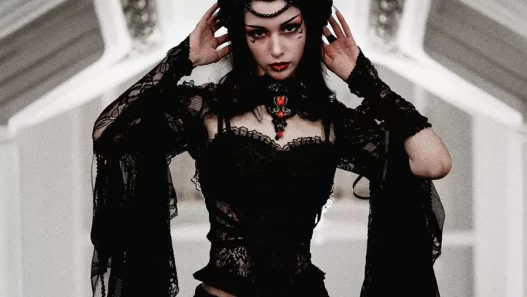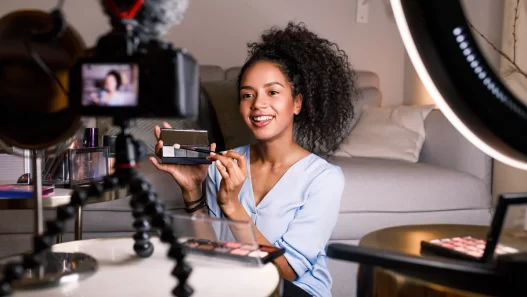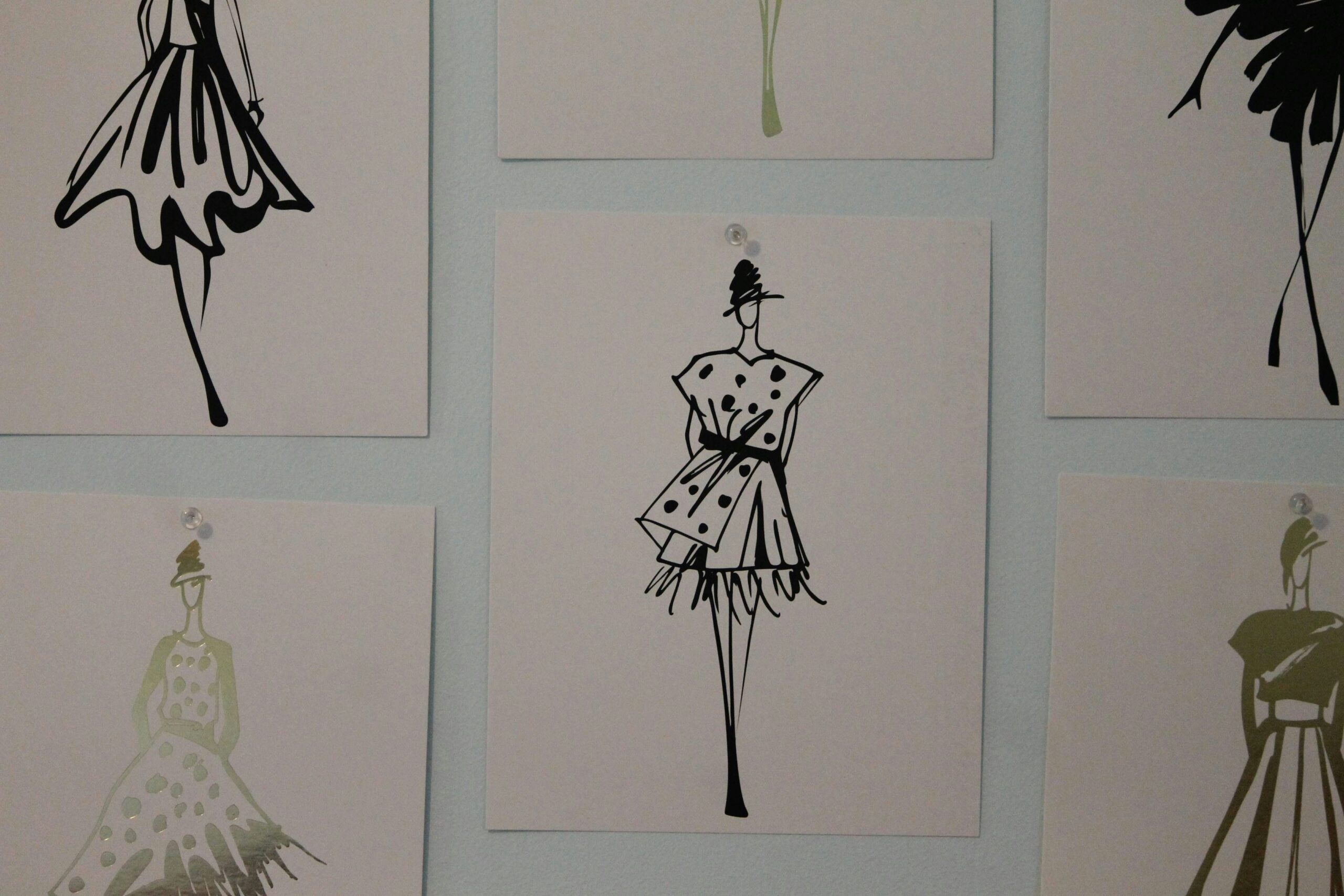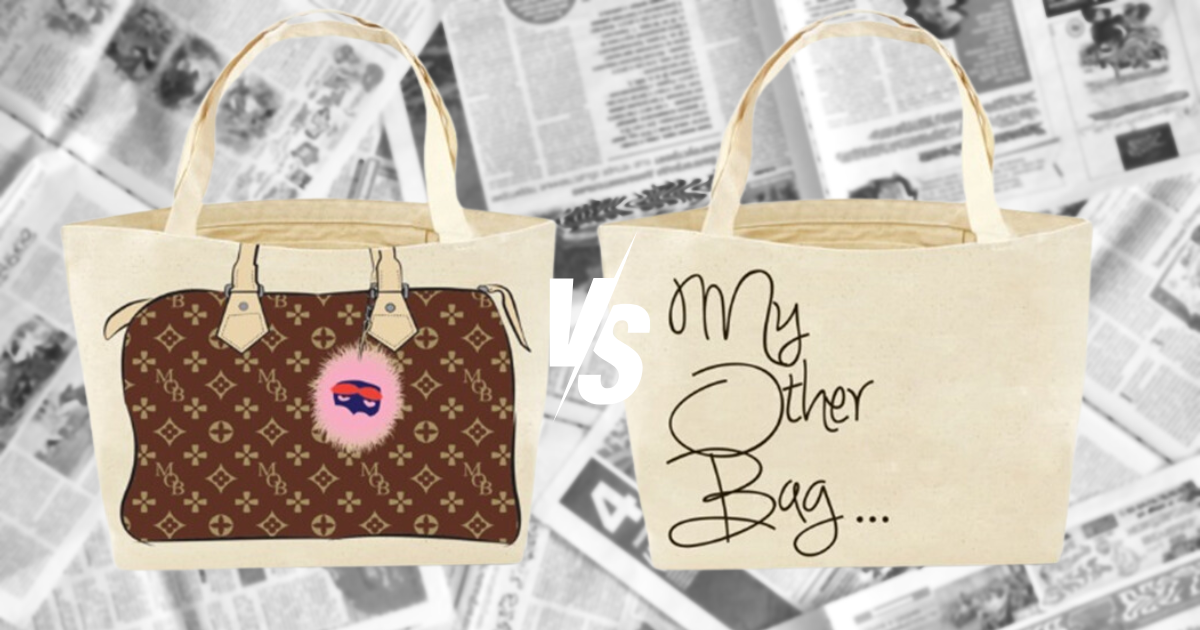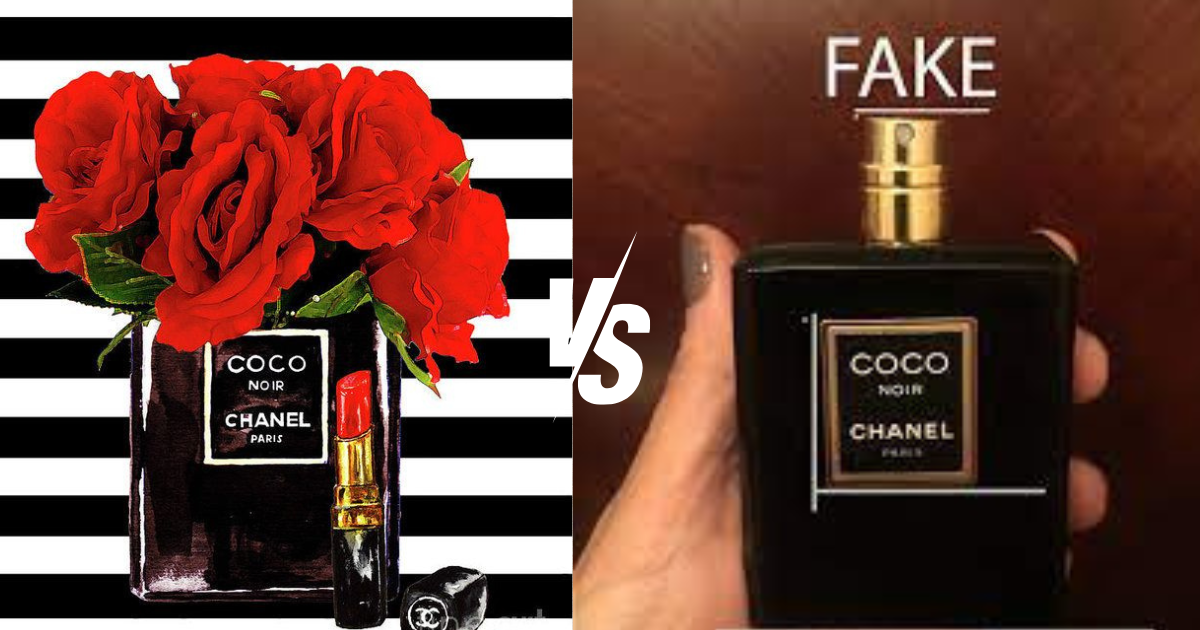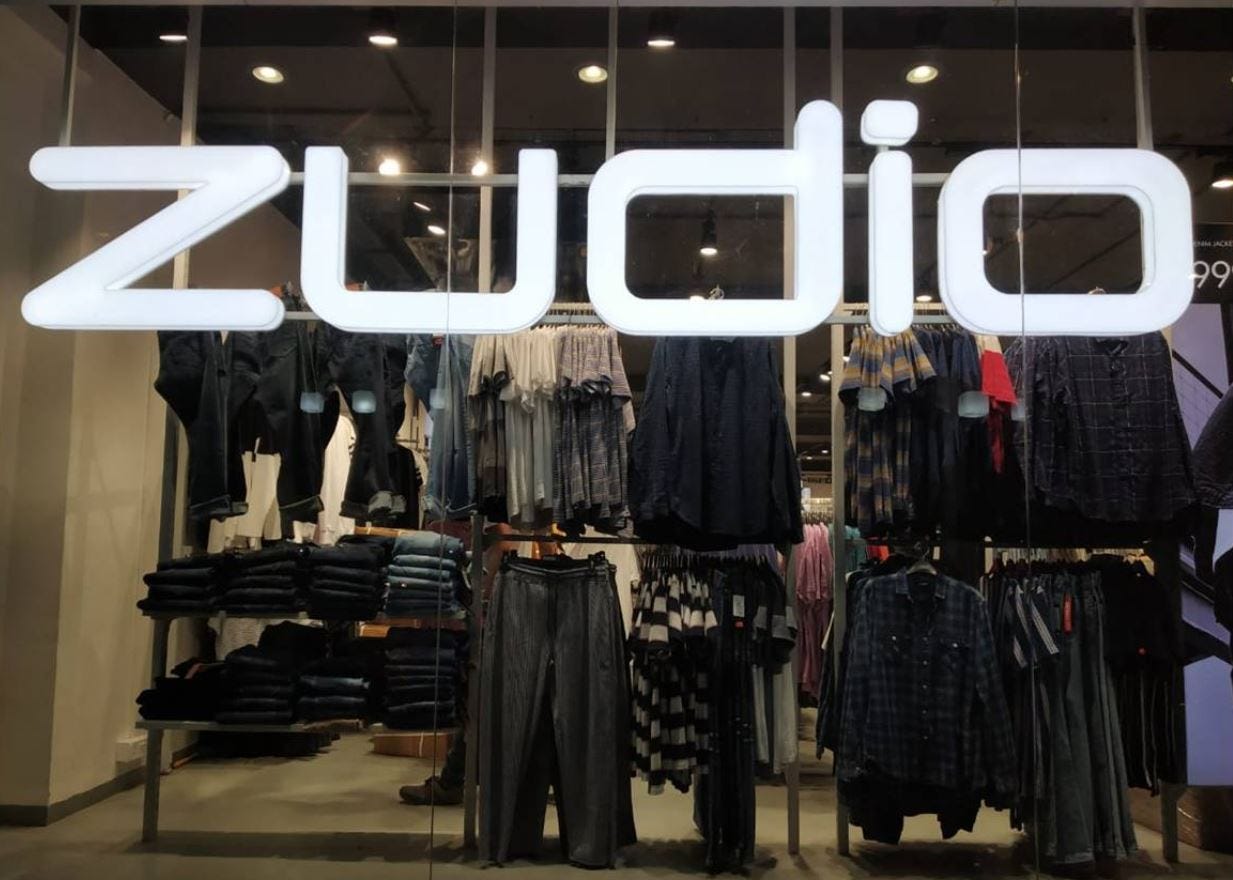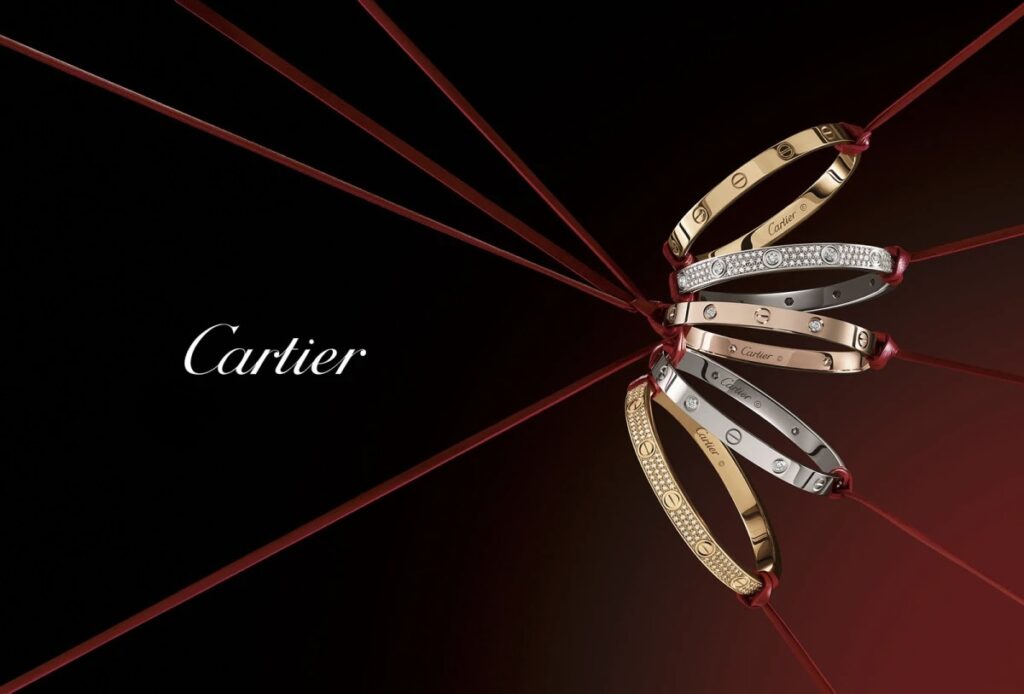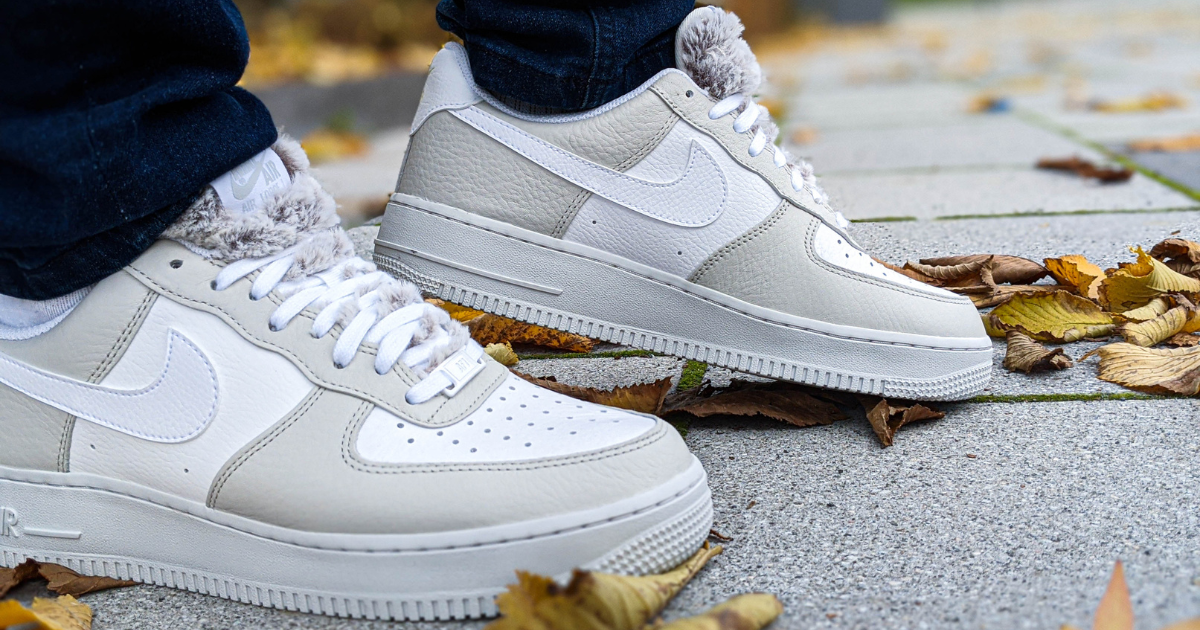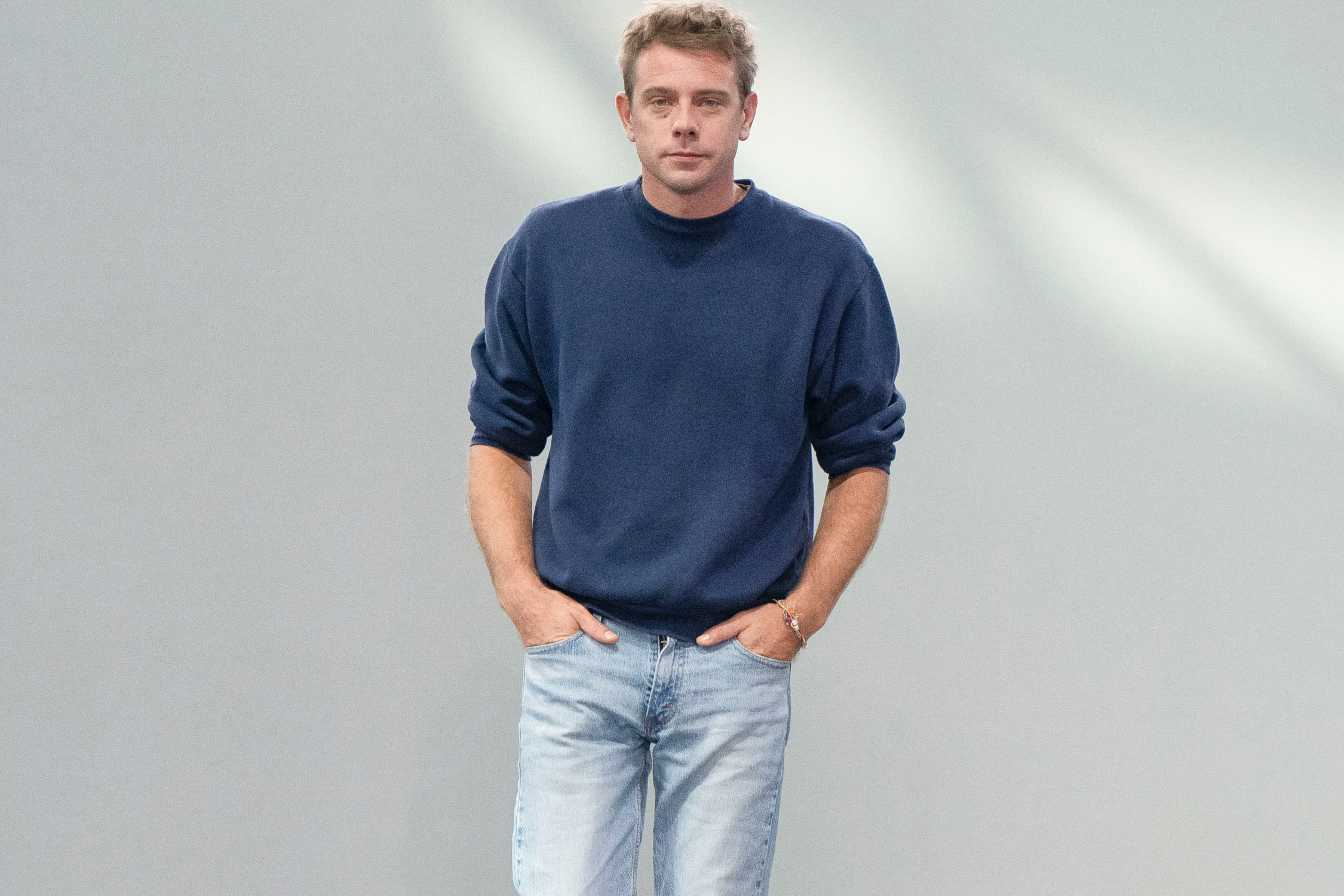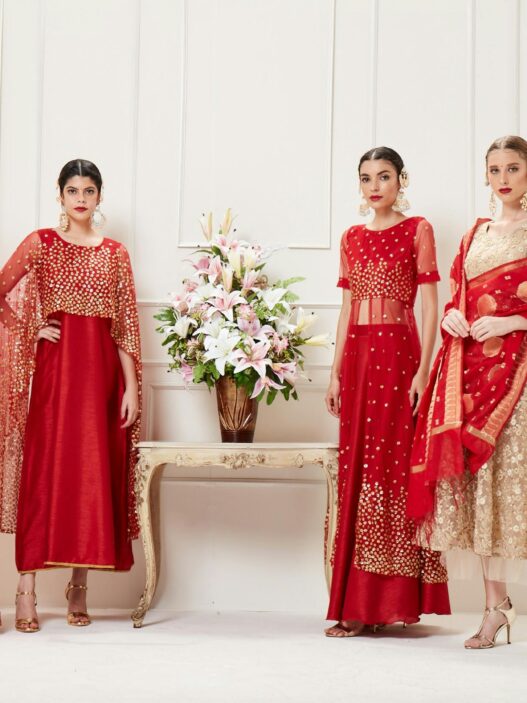Louis Vuitton, as a high-end luxury brand, can be examined through various psychological lenses, including consumer behavior, brand loyalty, and the influence of social status. Here, I will present a case study focusing on the psychological aspects related to the Louis Vuitton brand and its consumers.
Introduction
Louis Vuitton (LV) is one of the world’s leading international fashion houses, known for its luxury bags, accessories, and ready-to-wear clothing. This case study explores the psychological factors that drive consumer behavior towards Louis Vuitton products, focusing on brand loyalty, social status, and the consumer decision-making process.
Brand Background
– History: Founded in 1854 by Louis Vuitton, the brand has become synonymous with luxury, quality, and timeless style.
– Market Position: LV is a part of the LVMH group and stands as a symbol of prestige and exclusivity.
– Target Audience: High-net-worth individuals and aspirational buyers who seek status and recognition through luxury goods.
Psychological Evaluation
– Consumer Motivation:
– **Status Symbol**: LV products are often purchased as status symbols. Ownership signals wealth, success, and a higher social standing.
– Self-Concept: Consumers use LV products to enhance their self-concept. The brand is associated with sophistication, which consumers aspire to reflect in their self-identity.
– Emotional Connection: The brand fosters an emotional connection through its heritage, craftsmanship, and the experience of luxury shopping.
– Brand Loyalty:
– Perceived Quality: Consistent high quality and craftsmanship reinforce trust and loyalty among consumers.
– Brand Experience: The exclusive in-store experience, personalized customer service, and after-sales support enhance consumer satisfaction and loyalty.
– Cognitive Dissonance: High investment in LV products can lead to cognitive dissonance where consumers justify their purchase by overemphasizing the positive attributes of the brand, thereby increasing loyalty.
– Decision-Making Process:
– Social Influence: Social proof and influence from celebrities, influencers, and peer groups play a significant role in purchase decisions.
– Psychological Pricing: The high price of LV products contributes to their perceived value. Consumers often associate higher prices with superior quality.
– Scarcity and Exclusivity: Limited editions and exclusive collections create a sense of urgency and exclusivity, driving purchase decisions.
Marketing and Psychological Strategies
– Luxury Branding: LV leverages its heritage and legacy to create a narrative of timeless elegance and exclusivity.
– Visual Merchandising: Store layouts, window displays, and visual merchandising are designed to create an aspirational shopping environment.
– Celebrity Endorsements: Collaborations with high-profile celebrities and influencers enhance brand desirability and social proof.- Customer Experience: Personalized services, such as bespoke products and private shopping appointments, strengthen the emotional bond with the brand.
Case Analysis
– Success Factors:
– Strong Brand Identity: LV’s clear and consistent brand identity reinforces its position as a leader in luxury fashion.
– Emotional Appeal: The emotional appeal of owning an LV product plays a critical role in consumer loyalty and repeat purchases.
– Exclusivity: Limited availability and high price points create a perception of rarity and exclusivity, which are crucial in luxury branding.
Challenges:
– Counterfeiting: The prevalence of counterfeit LV products can dilute brand value and consumer trust.
– Market Saturation: As the brand expands, maintaining exclusivity while reaching a broader audience can be challenging.
– Changing Consumer Preferences: Adapting to changing consumer preferences, especially among younger generations, requires innovation while preserving brand heritage.
Discussion
The psychological strategies employed by Louis Vuitton highlight the importance of understanding consumer behavior in the luxury market. The brand’s ability to create an emotional connection, maintain exclusivity, and deliver consistent quality contributes significantly to its success. However, it must continually innovate to stay relevant and protect its brand image against challenges like counterfeiting and market saturation.
Conclusion
Louis Vuitton’s case illustrates the intricate relationship between luxury branding and consumer psychology. By leveraging psychological principles, LV effectively enhances brand loyalty, drives consumer motivation, and sustains its status as a luxury icon. Understanding these psychological dynamics is essential for luxury brands aiming to build long-term success and customer loyalty.
Author: Jeevan P A – Karnataka State law University, Bengaluru





